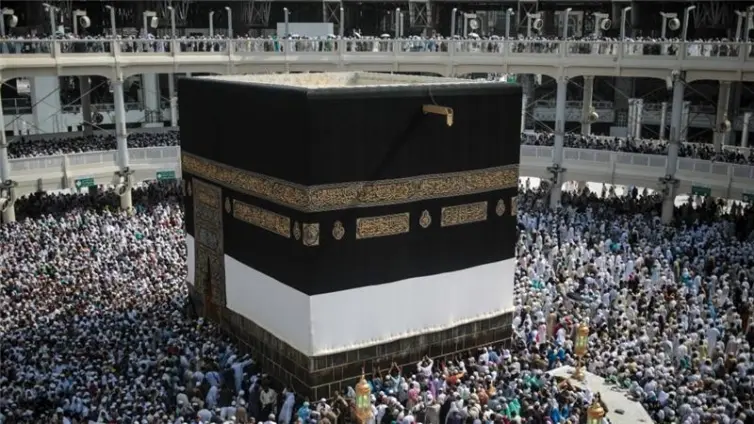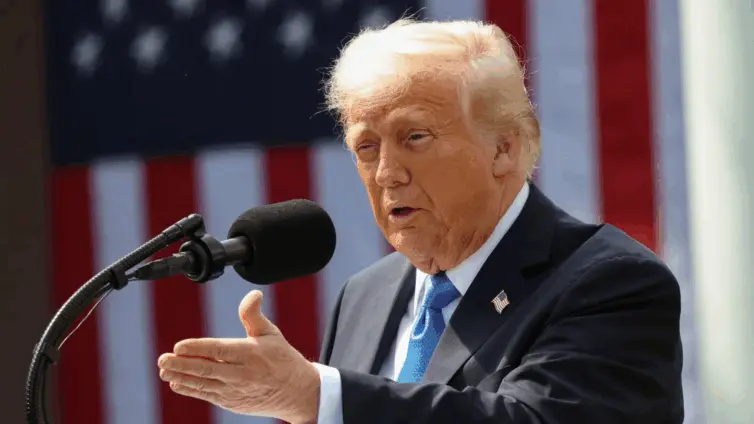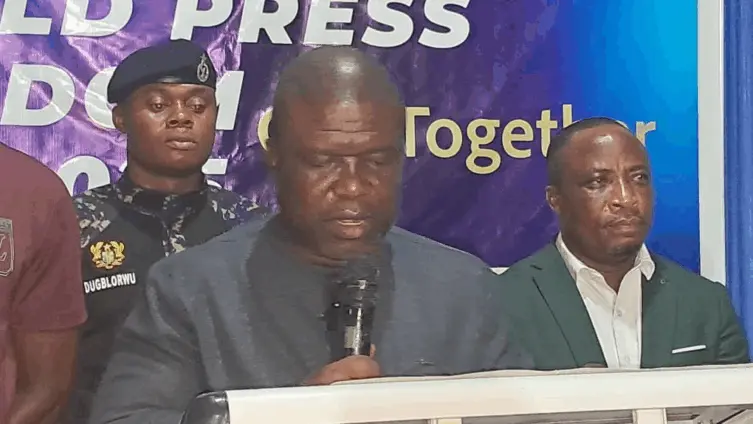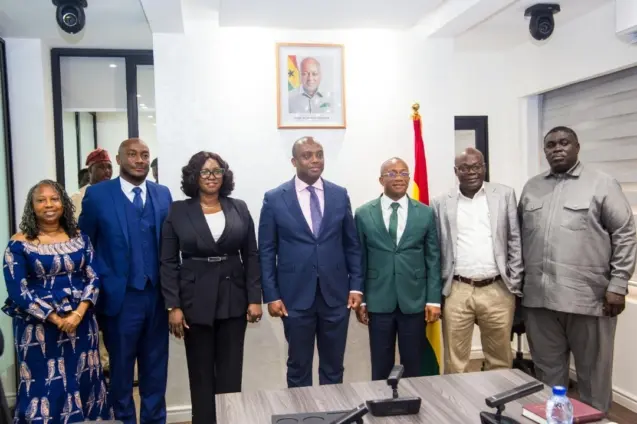The possibility of advancing the Ukraine peace talks hangs delicately in the balance, complicated by the announcement that Vladimir Putin will not attend the forthcoming discussions in Istanbul. Despite repeated calls from Ukrainian President Volodymyr Zelensky for a direct, face-to-face encounter, the Kremlin has confirmed that Russia will instead be represented by a delegation, leaving the prospects for meaningful dialogue uncertain. The absence of Putin raises critical questions about the potential for progress and the trajectory of future negotiations as the conflict continues to evolve. This article examines the circumstances surrounding Putin’s decision, the potential ramifications for the peace process, and the roles of other significant international figures, drawing upon the most recent reports and statements from all relevant parties.
The news unfolded as anticipation built for a potential breakthrough in diplomatic efforts to resolve the ongoing conflict.
The question remains: can substantive progress be made in the Ukraine peace talks without the direct involvement of the two leaders?
The unfolding situation highlights the complexities and challenges inherent in navigating a path towards peace amidst an active and deeply entrenched conflict.
Putin’s Absence: A Setback for Ukraine Peace Talks?
The Kremlin’s announcement that Vladimir Putin will not be participating in the Ukraine peace talks in Istanbul has introduced a layer of uncertainty to the already delicate situation. Instead of the Russian President, Russia’s delegation will be led by presidential aide Vladimir Medinsky. This development comes despite Zelensky’s publicly stated intention to attend if Putin agreed to a meeting. Zelensky voiced his concerns in a nightly video address, stating, “I am waiting to see who will come from Russia, and then I will decide which steps Ukraine should take. So far, the signals from them in the media are unconvincing.”
Zelensky’s Stance and the Conditions for Direct Talks
Prior to the announcement of Putin’s absence, Zelensky had planned to meet with Turkish President Recep Tayyip Erdogan in Ankara, further fueling speculation about the potential for a trilateral meeting in Istanbul. However, Zelensky insisted on Putin’s presence for direct talks in Istanbul to proceed, underscoring the importance he places on direct engagement with the Russian leader. Putin and Zelensky haven’t met in person since December 2019, making the prospect of a meeting all the more significant. “There is no point in prolonging the killings. And I will be waiting for Putin in Türkiye on Thursday. Personally,” Zelensky stated, emphasizing the urgency and personal commitment he brings to the negotiation process. The last time Russia and Ukraine held direct negotiations was in March 2022, also in Istanbul.
Trump’s Potential Involvement and US Delegation
Adding another layer of intrigue to the situation, Donald Trump initially hinted at the possibility of attending the Ukraine peace talks if Putin were present. “I know he would like me to be there, and that’s a possibility. If we could end the war, I’d be thinking about that,” Trump stated, suggesting a willingness to become involved in the diplomatic process. Regardless of Trump’s participation, the US is expected to send a high-level delegation to the talks. Senator Marco Rubio has already arrived in Turkey to meet with NATO foreign ministers. Rubio also plans to travel onwards to Istanbul to attend talks with European counterparts to discuss the war in Ukraine.
The Broader Context: Ceasefire Calls and Previous Negotiations
The backdrop to these developments includes Putin’s call for direct talks in Istanbul “without pre-conditions,” which followed calls from Western powers for a 30-day ceasefire. Trump has also sought to broker a ceasefire between Russia and Ukraine, further underscoring the international community’s desire to de-escalate the conflict. Trump stated, “A potentially great day for Russia and Ukraine!” highlighting the potential benefits of a successful negotiation.
The possibility of a lasting Ukraine Russia ceasefire remains a primary goal, however, deep mistrust and conflicting agendas present a significant challenge to achieving this objective.
The push for peace underscores the growing international pressure to find a diplomatic solution.
Conclusion
The absence of Vladimir Putin from the upcoming Ukraine peace talks in Turkey casts a significant shadow over the potential for meaningful progress. While Zelensky has clearly stated his willingness to engage directly, he has conditioned his attendance on Putin’s presence, highlighting the challenges in bringing both sides to the table. With a US delegation expected and ongoing calls for a ceasefire, the international community continues to push for a resolution to the conflict. Ultimately, the success of these Ukraine peace talks hinges on the willingness of all parties to engage constructively and prioritize de-escalation. Whether progress can be made in Putin’s absence remains uncertain, but the situation demands close attention as the world seeks an end to the ongoing conflict.
Image Source: MYJOYONLINE






















